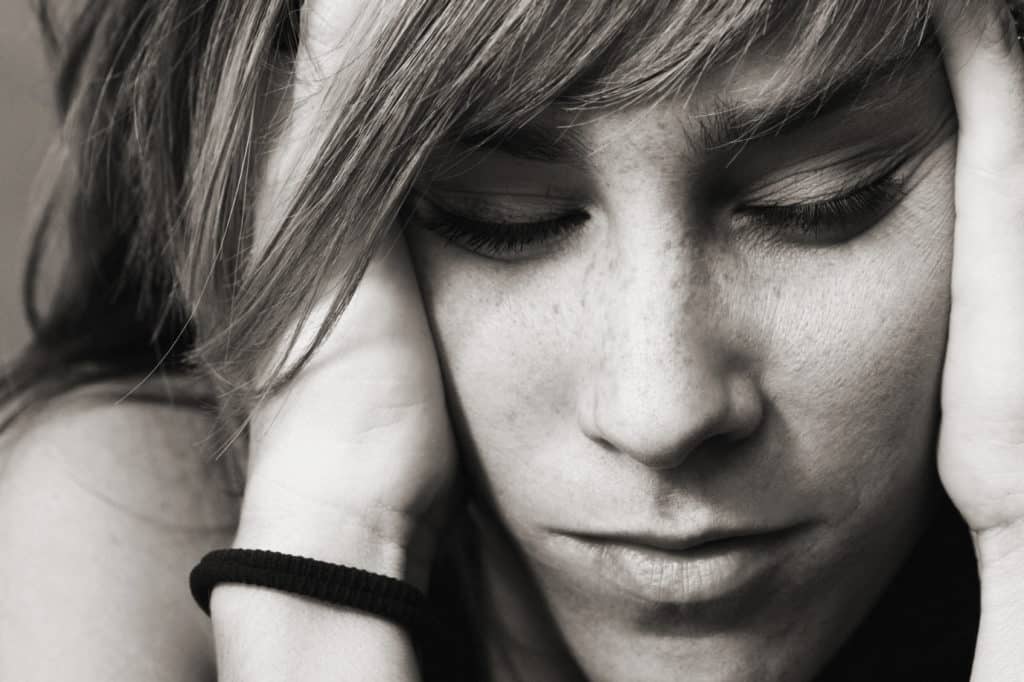How Addiction Negatives Affects Intimate Relationships
Substance use disorder affects a person’s intrapersonal connections with others due to the disease’s all-consuming nature, making addiction and relationships a widely discussed topic within recovery circles. Whether one or both partners in a romantic relationship are misusing drugs regularly, several likely factors will alter the connection between two or more people in ways that aren’t always so obvious.
Secrecy and Distrust
Addiction targets the trust people share in an intimate relationship when one or both parties deny their substance misuse or attempt to hide the extent of their addiction. Because of the way substance use disorder rewires the brain to prioritize drug use, small white lies can quickly turn into elaborate deceptions with devastating consequences for a couple or family. Lies, stealing, withholding important information, and living a double life are not uncommon in these scenarios and can cause irreparable damage to a relationship. After some time, it’s difficult to maintain trust in someone who is so profoundly impacted by substance use disorder, and even in recovery, it takes time and hard work to rebuild it.
Codependency and Enabling
When addiction is present in a relationship between two people, the person whose partner is struggling with substance use disorder is prone to becoming a co-dependent or an enabler of the other. Enablers often make excuses for their partner’s actions and behaviors, minimizing consequences they may face, enabling them to continue. By picking up the pieces after every mess and incident, they’re helping progress the depths and lengths of their loved one’s addiction even though they genuinely believe they’re helping. Co-dependent people, however, enjoy the feeling of being needed by their loved one who is grappling with addiction because it fulfills their people-pleasing desires. This cycle can be devastating for someone with substance use disorder because they’re unlikely to experience negative impacts that could cause them to seek treatment for their addiction.
Violence and Abuse
People struggling with untreated substance use disorder are likely to have bouts of rage, whether they’re drug-induced or as a result of anger and shame due to consequences of addiction. Unfortunately, their significant other can become the unfortunate victim of these instances through misdirection or directly due to an argument or confrontation. These situations become most volatile when children in the home witness scenes that can become painful, lasting memories and affect their lives and future with substance misuse down the line. Those who experience abuse and violence at their partner’s hands are often advised to leave the situation. Still, many cannot safely exit the cycle due to financial constraints or a lack of support systems.
HCRC recognizes the way addiction can impact families and relationships and is committed to helping those who want to make a change. An experienced team of medical providers, nursing practitioners, substance use counselors, and administrative staff work together at HCRC facilities to ensure patients receive quality substance use disorder treatment. To learn more about our recovery programs, message or call us today.
Sources:
https://www.sciencedirect.com/science/article/abs/pii/S0740547213002481




